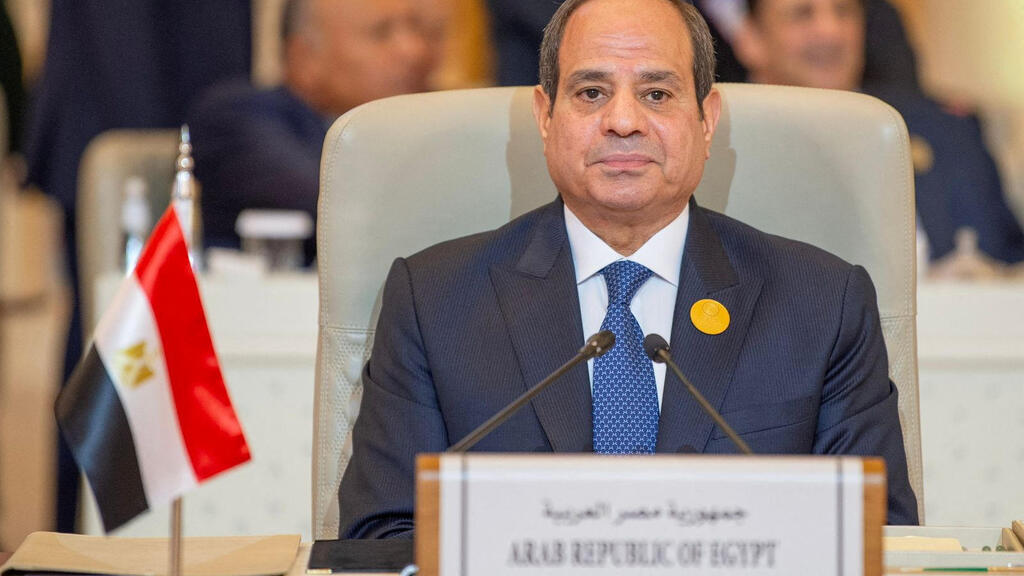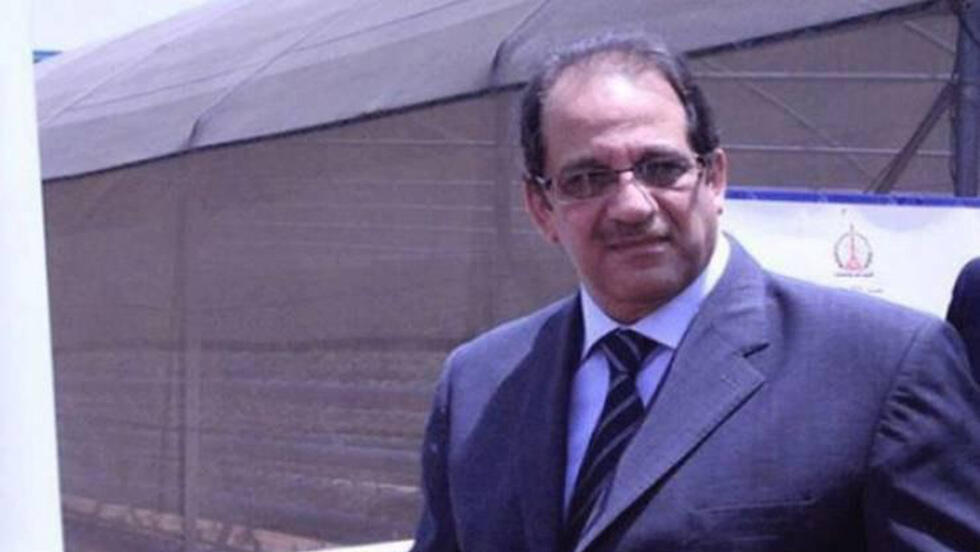Getting your Trinity Audio player ready...
Egyptian officials are paying close attention to what is going on in Washington, Jerusalem, Ramallah and its vicinity and of course Gaza. It must be said, the leadership in Cairo has no plans to revoke the peace accords with Israel and Egyptian Foreign Minister Sameh Shoukry said so much in no uncertain terms. "Egypt remains committed to preserving the peace."
Further proof can be found in the arrest of 10 protesters in Cairo over the weekend after they accused the security forces of participating in the siege of Gaza and demanded a change to the ties with Israel.
But at the same time, Egypt continues to warn against an Israeli offensive on Rafah, which if it does take place, would shake the Egyptian-Israeli peace to its core.
Cairo is preparing a proposal that would include the release of hostages and the return of Gazan's to the northern parts of the Strip. Hamas demands a complete end to the fighting and an unconditional return of evacuated Gazans. Israel insists on a gradual return of thousands of residents of northern Gaza and insists on the return of all live hostages. Unfortunately, there is no precise information on how many of the captives have survived, but the current round in the negotiations in Cairo, may be a decisive one.
According to estimates, some 50,000 Palestinians crossed the border from Gaza into Egypt in the past two months. Those who could afford to, payed the fees themselves or with the help of families or foreign embassies. The price was set at $10,000 for an adult and $2,500 for a child under the age of 16, to be payed at the Egyptian border crossing.
Some were exempt from payment for political reasons. Behind the scenes, Israel was involved in the process.
A Palestinian cannot move out of the Strip without the Shin Bet's approval, out of concern that he or she is affiliated with Hamas or the Palestinian Islamic Jihad. Egypt too, hopes to avoid trouble.
Relations between Israeli officials and their Egyptian intelligence counterparts is better than could be expected. There is full understanding between the parties and the Israeli delegation has enormous respect for Abbas Kamel, Egypt's chief of intelligence and for his senior officers.
Unlike in Israel, there is little information being released in Cairo and officials there have also avoided expressing their opinions on the senior members of Hamas and the PIJ in Gaza. Hamas is a sister movement to the Muslim Brothers. Most members of that group have left Egypt or are imprisoned there.
Israelis are well aware of the Egyptian government's view of Hamas and the Brothers and also of Iran's continued efforts to insert itself into the negotiation process. But the gap between the sentiment of the people and their government broadens.
What the world sees is the Egyptian street and the efforts to hold protests against Israel, the press and the venomous anti-Israel editorials and the extensive reporting of the plight of Gaza's civilians. Egypt has been sending trucks carrying aid into the Strip, airdropping food and supplies and is soon to deliver aid by sea.
3 View gallery


Fuel transported through the Egyptian border crossing in Rafah to the Gaza Strip
(Photo: AFP)
The war caught Egyptians at a particularly bad time economically. Tiran and Sanafir islands had been passed into Saud Arabian hands in exchange for a hefty sum in compensation. Now the focus is on a new deal that would see the sale of land in the Sinai Desert to the Saudis for a tourism project, for 24 billion dollars.
Egypt continues to fight for its senior position in the Arab world. Although the headquarters of the Arab League is based in Cairo, its sway is minimal. Saudi Arabia and its vast wealth are more enticing for the West.
If President Abd el-Fattah el Sisi succeeds in bringing a substantial deal between Israel and Hamas, Egypt could again claim its central position among Arabs.



